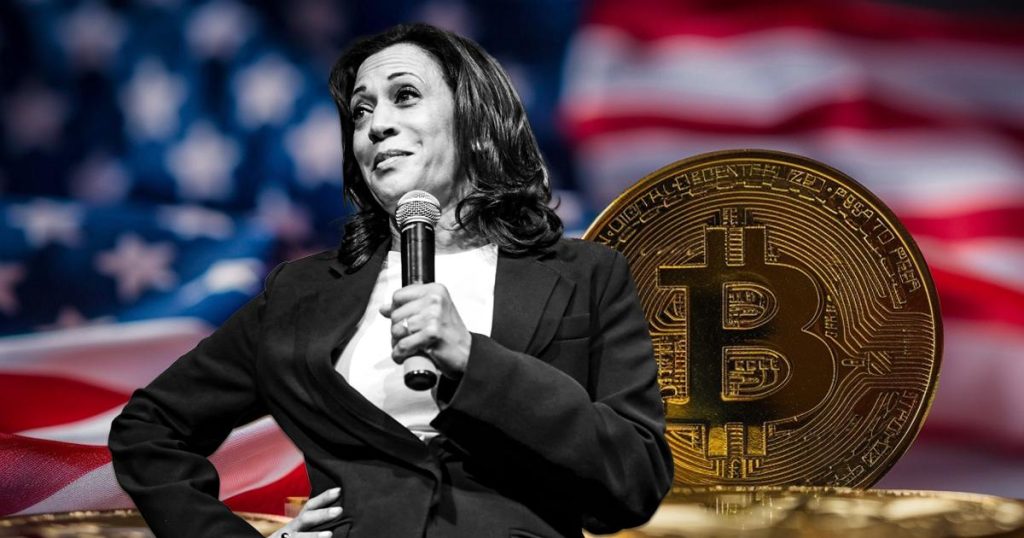Embracing a Pro-Crypto Future: The Digital Chamber’s Call to Kamala Harris

As the U.S. political landscape evolves, the crypto community stands at a crucial juncture. The recent call from the Digital Chamber to Vice President Kamala Harris, urging her to adopt pro-crypto policies as she seeks a presidential nomination, highlights a strategic push to integrate cryptocurrency more deeply into the U.S. regulatory and economic frameworks.
The Urgency for Crypto-Friendly Policies
Understanding the Crypto Landscape
Cryptocurrencies and blockchain technology have been points of contention in political discussions, often seen as tools for innovation on one end and volatility on the other. The advocacy by groups like the Digital Chamber underscores the need for a balanced approach that fosters innovation while ensuring security and regulatory clarity.
The Role of Government in Crypto Regulation
The government’s stance on cryptocurrencies is pivotal. Regulatory clarity can lead to increased investments and innovation, whereas uncertainty can stifle growth and deter participation from both startups and established companies.
Kamala Harris’s Potential Influence
A History of Tech and Innovation Advocacy
Kamala Harris has been known for her cautious yet open approach towards technological innovations. Her potential to influence crypto policies stems from her background in embracing progressive technologies while balancing regulatory concerns.
Strategic Recommendations for Policy Frameworks
The Digital Chamber suggests several key areas for development, including clearer tax guidelines, robust consumer protections, and support for blockchain research and development.
The Impact on the Crypto Market
Market Stability and Growth
Pro-crypto policies can lead to greater market stability by reducing speculative trading based on regulatory speculation. They also promise to enhance the global competitiveness of the U.S. in the digital currency market.
Challenges and Opportunities
The integration of crypto into mainstream financial systems presents both challenges, such as potential market manipulation, and opportunities, such as increased accessibility for underbanked populations.
Conclusion: A Forward-Looking Approach
Embracing pro-crypto policies could position the U.S. as a leader in cryptocurrency innovation and regulation. It is imperative for policymakers like Kamala Harris to consider these technologies not just as tools of economic activity, but as foundational elements for the next generation of financial infrastructure.
FAQs About Pro-Crypto Policies and Political Advocacy
- What are pro-crypto policies? Pro-crypto policies refer to government and regulatory actions that encourage the use, development, and integration of cryptocurrencies and blockchain technologies in a secure and regulated manner.
- How can political figures influence cryptocurrency regulation? Political figures can influence crypto regulation through legislative support, regulatory frameworks, and public advocacy, shaping the environment in which crypto companies operate and how users interact with digital currencies.
- Why is regulatory clarity important for cryptocurrencies? Regulatory clarity helps prevent fraud, ensures consumer protection, and stabilizes the crypto market by setting clear rules for participation and innovation.
- What risks do cryptocurrencies pose to the financial system? Cryptocurrencies can pose risks such as market volatility, potential for money laundering, and challenges to monetary policy implementation due to their decentralized nature.
- How can cryptocurrencies benefit the economy? Cryptocurrencies can enhance financial inclusion, reduce transaction costs, and foster a new wave of technological innovations that contribute to economic growth.










